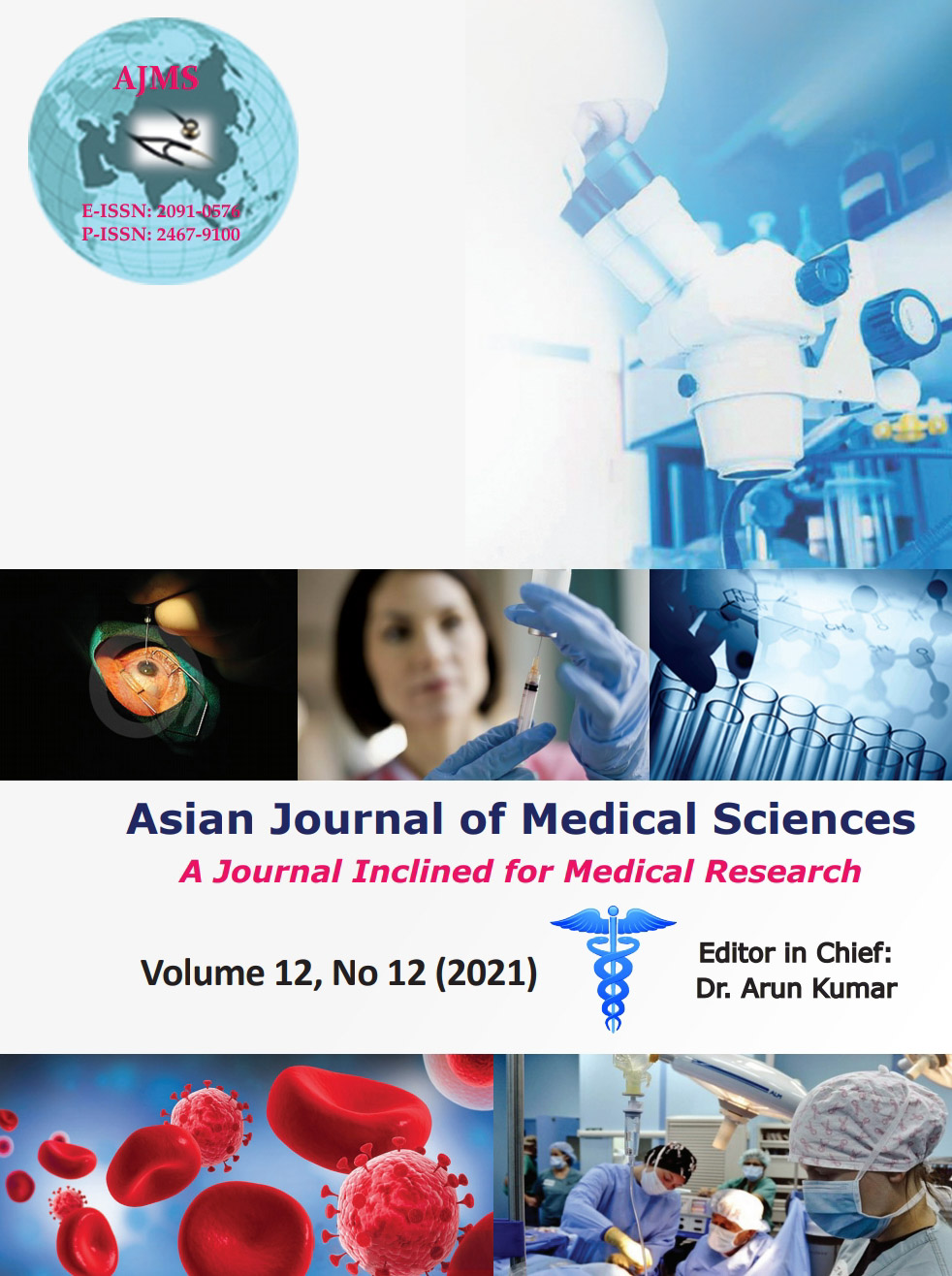Review of PPIUCD at tertiary care centre in Southern Rajasthan
Keywords:
Safety, Postpartum intrauterine contraceptive deviceAbstract
Background: This study was conducted to observe the acceptance rate and safety for PPIUCD as PPIUCD was used as contraceptive method under family welfare program in this institute.
Aims and Objectives: To see pattern of acceptance and safety of PPIUCD among women admitted for childbirth.
Materials and Methods: A prospective, preformed semi-structured questionnaire-based observational study was conducted between September 2012 and August 2020 in the Government Medical College Kota. CuT380A was used as PPIUCD for insertion. WHO medical eligibility criteria were met along with inclusion and exclusion criteria. After counseling and consent, PPIUCD was inserted post-placentaly and during LSCS. Acceptance rate was calculated along with safety profile.
Results: In the present study majority of patients were in the age group of 21–30 years. 44.26% women were second para. 96.35% insertions were uneventful during the study. The most common reason for acceptance and refusal of PPIUCD was reversibility and for refusal was fear of complications, respectively. The acceptance was increasing over the years. On follow-up majority of clients had no complaints. Among those who had complaints, irregular bleeding was most common. Major cause of requesting for removal was irregular bleeding. Continuation rate was found to be 91.91% and 85.30% at 6 weeks and 6 months, respectively.
Conclusion: PPIUCD is a safe and effective method of contraception. Acceptance rate is increasing over the years and which can further increase with antenatal, intra natal and postnatal counseling along with counseling of husband/family attendants and management of side effects.
Downloads
Downloads
Published
How to Cite
Issue
Section
License
Copyright (c) 2021 Asian Journal of Medical Sciences

This work is licensed under a Creative Commons Attribution-NonCommercial 4.0 International License.
Authors who publish with this journal agree to the following terms:
- The journal holds copyright and publishes the work under a Creative Commons CC-BY-NC license that permits use, distribution and reprduction in any medium, provided the original work is properly cited and is not used for commercial purposes. The journal should be recognised as the original publisher of this work.
- Authors are able to enter into separate, additional contractual arrangements for the non-exclusive distribution of the journal's published version of the work (e.g., post it to an institutional repository or publish it in a book), with an acknowledgement of its initial publication in this journal.
- Authors are permitted and encouraged to post their work online (e.g., in institutional repositories or on their website) prior to and during the submission process, as it can lead to productive exchanges, as well as earlier and greater citation of published work (See The Effect of Open Access).




